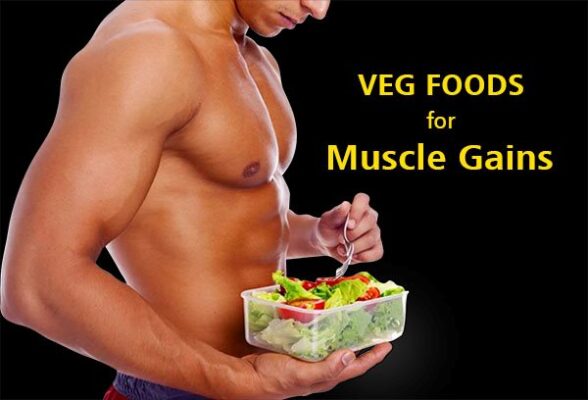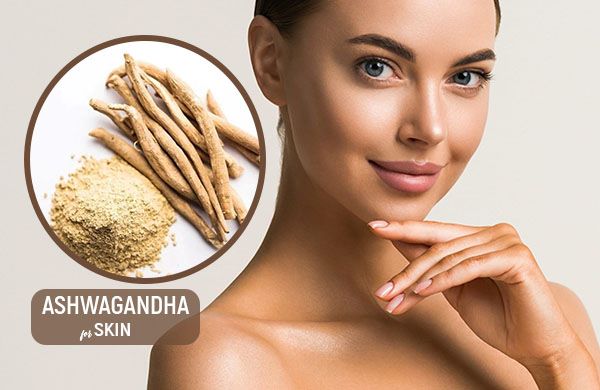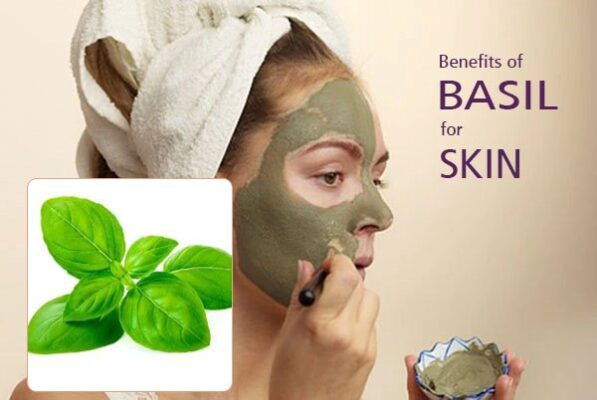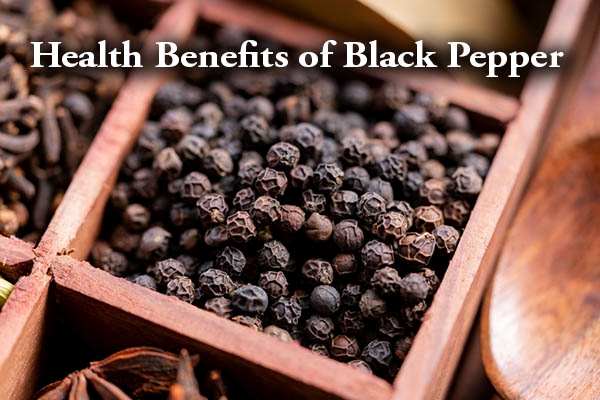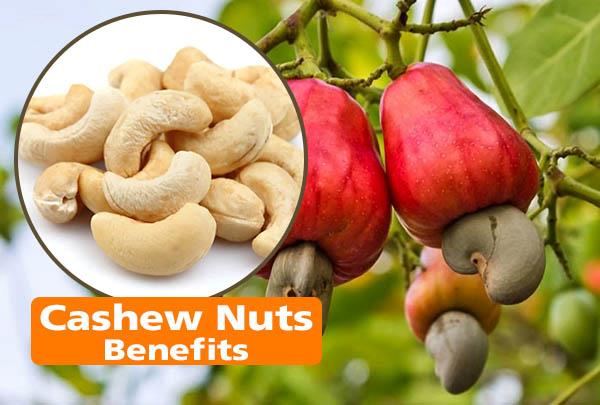In the world of bodybuilding, nutrition is a key player in achieving your desired physique. While the traditional image of bodybuilders often includes plates piled high with meat, there’s a growing trend towards plant-based diets. In this article, we’ll explore the power of bodybuilding veg foods and how they can fuel your muscle gains. Join us on this journey to discover the incredible benefits of incorporating these nutrient-rich options into your diet.
Join with us on this journey as we uncover the secrets of veg foods and how they can revolutionize your fitness goals. Whether you’re a seasoned athlete or just starting on your fitness adventure, this guide will equip you with the knowledge and inspiration to embrace the power of plant-based nutrition in your bodybuilding journey.
Table of Contents
The Concept of Plant-Based Bodybuilding
Plant-based bodybuilding is a growing trend among fitness lovers who follow a vegan or vegetarian diet. A plant-based bodybuilding diet consists of high-carb, moderate-to-high protein, and moderate fats. The diet is optimized for muscle growth and building muscle, consisting of high-quality plant-based protein sources such as legumes, nuts, seeds, and whole grains. It is essential to consume a variety of plant-based protein sources every day to ensure that you are getting all the essential amino acids your body needs for muscle repair and growth. While it is possible to get all the protein you need from whole plant foods, a plant-based protein powder can offer a little extra insurance, especially if you do strength sports or bodybuilding.
The Power of Plant-Based Foods
But what about bodybuilders? Can they truly thrive on plants alone? The answer is a resounding yes! Plant-based bodybuilding is not only feasible but also comes with its own set of unique advantages. By focusing on the fusion of bodybuilding and plant-based diets, we unlock a world of possibilities for building lean muscle, enhancing endurance, and achieving peak performance.
A plant-based bodybuilding diet can provide all the nutrients you need for muscle growth and repair. It is essential to consume a variety of plant-based protein sources every day, along with healthy fats and enough vitamins and minerals. With careful planning, it is possible to build muscle and achieve your bodybuilding goals on a plant-based diet[1].
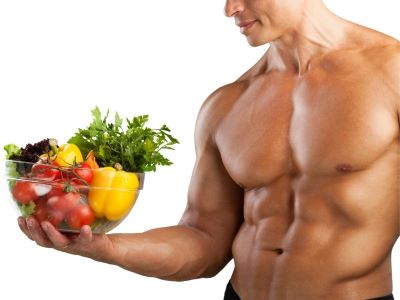
Benefits of Plant-Based Bodybuilding
When it comes to sculpting a formidable physique, the merits of embracing a vegetarian or vegan path to bodybuilding are both numerous and compelling. In this section, we will delve into the unique advantages of choosing a plant-based approach and underscore the critical importance of a well-balanced diet for achieving optimal muscle growth.
A. Unveiling the Plant-Powered Advantages
Plant-based bodybuilding isn’t just a trend; it’s a dynamic strategy for elevating your fitness journey. Here are some key benefits:
- Lean Muscle Formation: Vegetarian and vegan diets are inherently lower in saturated fats, making them conducive to lean muscle development. This approach helps you build muscle without unnecessary bulk.
- Enhanced Recovery: Plant-based diets are rich in antioxidants and anti-inflammatory compounds, facilitating faster recovery after intense workouts. This means more frequent, productive training sessions.
- Heart Health: Reduced risk of heart disease is a notable perk of plant-based diets, ensuring that your heart stays in peak condition while you focus on building muscle.
- Digestive Ease: Fiber-rich plant foods support healthy digestion, preventing bloating and discomfort, common concerns for bodybuilders.
- Sustainability: Contributing to a more sustainable planet by reducing your carbon footprint is a noble side effect of choosing plant-based nutrition.
B. The Role of a Balanced Diet
Now, let’s emphasize a crucial aspect of bodybuilding: a well-balanced diet. Regardless of your dietary preferences, it’s the cornerstone of muscle growth. In the realm of “Bodybuilding Veg Foods,” balance is the key to unlocking your full potential.
- Protein Prowess: Protein is the bedrock of muscle development, and plant-based sources like tofu, tempeh, legumes, and quinoa offer a wealth of this essential nutrient.
- Amino Acid Symphony: Amino acids are the building blocks of protein, and plant-based diets provide a diverse array of these vital compounds, ensuring your body has what it needs to grow and repair muscle tissue.
- Nutrient Synergy: A well-balanced plant-based diet is rich in vitamins, minerals, and antioxidants that contribute to overall health and vitality. These nutrients support your body’s ability to perform at its peak during strenuous workouts.
In this section, we’ve unraveled the benefits of adopting a plant-based approach to bodybuilding and highlighted the critical role of a well-balanced diet in achieving your muscle-building goals. The synergy between these two elements is what makes veg foods, a powerful and transformative choice for fitness enthusiasts.
Essential Nutrients for Plant-Based Bodybuilding
To embark on a successful journey of “Bodybuilding Veg Foods,” it’s essential to understand the key nutrients crucial for muscle development in a vegetarian or vegan diet. These nutrients play pivotal roles in achieving your fitness goals while adhering to plant-based principles.
A. Protein
- Protein: The cornerstone of muscle development, protein is abundant in the plant world. Legumes like lentils, chickpeas, and black beans, along with tofu and tempeh, are stellar sources of plant-based protein. Nuts and seeds, such as almonds, pumpkin seeds, and chia seeds, also contribute to your protein needs.
- Amino Acids: Amino acids are the building blocks of protein. Consuming a variety of plant-based protein sources ensures you get a diverse range of amino acids. Remember to include a mix of beans, grains, and nuts in your diet for a complete amino acid profile.
B. Vitamins and Minerals
- Iron: Leafy greens like spinach and kale, as well as fortified cereals and whole grains, provide iron, which is crucial for oxygen transport and energy during workouts.
- Calcium: Fortified plant-based milk, calcium-set tofu, and leafy greens like collard greens and bok choy are excellent sources of calcium for strong bones and muscle function.
- Vitamin B12: Although not naturally present in plant foods, you can obtain vitamin B12 from fortified foods like plant-based milk, breakfast cereals, and nutritional yeast.
- Vitamin D: The sun is your best source of vitamin D, but fortified foods like fortified orange juice and plant-based milk can contribute to your vitamin D intake.
- Zinc: Legumes, nuts, and whole grains like quinoa and brown rice contain zinc, which is essential for immune function and muscle growth.
- Magnesium: Nuts, seeds, and leafy greens are rich in magnesium, supporting muscle and nerve function.
- Potassium: Bananas, sweet potatoes, and beans are high in potassium, aiding muscle contractions and overall body function.
Best Bodybuilding Veg Foods
Now that we’ve explored the essential nutrients, let’s dive into a comprehensive list of nutrient-rich vegetarian foods that are ideal for bodybuilding. Each of these foods is not only packed with valuable nutrients but also contributes significantly to muscle development in the world of “Bodybuilding Veg Foods.”
A. Chickpeas
- Protein: 15g per cup
- Vitamins: B vitamins, including folate
- Minerals: Iron, magnesium, potassium
- Role in Bodybuilding: Chickpeas are versatile and can be used in various dishes, providing ample protein and fiber for muscle growth and energy.
B. Quinoa
- Protein: 8g per cup (cooked)
- Vitamins: B vitamins, including riboflavin and niacin
- Minerals: Magnesium, phosphorus
- Role in Bodybuilding: Quinoa is a complete protein source, making it a valuable addition to a plant-based diet for muscle recovery and growth.
C. Tofu
- Protein: 15g per 3.5 ounces (100g)
- Vitamins: Calcium, iron
- Minerals: Magnesium
- Role in Bodybuilding: Tofu is a versatile source of plant-based protein that can be incorporated into a variety of dishes, providing essential amino acids for muscle development.
D. Spinach
- Protein: 5g per cup (cooked)
- Vitamins: A, C, K, folate
- Minerals: Iron, calcium, potassium
- Role in Bodybuilding: Spinach offers a range of vitamins and minerals, including iron for oxygen transport during workouts.
E. Almonds
- Protein: 6g per ounce (about 23 almonds)
- Vitamins: Vitamin E
- Minerals: Magnesium, potassium
- Role in Bodybuilding: Almonds are a protein-rich snack that supports muscle recovery and provides essential nutrients.
By incorporating these nutrient-rich vegetarian foods into your diet, you can harness the power of “Bodybuilding Veg Foods” to fuel your workouts, promote muscle growth, and maintain overall health. Each of these foods not only offers valuable nutrients but also contributes to a well-rounded and balanced plant-based diet tailored to bodybuilding success.
7-Day Meal Plan for Muscle Gain
Incorporating “Bodybuilding Veg Foods” into your daily meals is not only achievable but also delicious and nutritious. Below, we’ve crafted a sample meal plan that showcases how to harness the power of plant-based nutrition for your bodybuilding journey.
Breakfast: Protein-Packed Smoothie
- Ingredients:
- 1 cup of spinach
- 1/2 cup of frozen berries
- 1 banana
- 1 tablespoon of almond butter
- 1 scoop of plant-based protein powder
- 1 cup of almond milk
- A sprinkle of chia seeds for added fiber and omega-3s
Lunch: Quinoa and Chickpea Salad
- Ingredients:
- 1 cup of cooked quinoa
- 1 cup of chickpeas
- Cherry tomatoes, cucumbers, and red onion for added crunch
- Fresh lemon-tahini dressing
- Top with fresh parsley and a sprinkle of pumpkin seeds
Snack: Almond and Date Energy Bars
- Ingredients:
- 1 cup of dates
- 1 cup of almonds
- A pinch of sea salt
- Optional: a scoop of plant-based protein powder
Dinner: Tofu Stir-Fry
- Ingredients:
- 1 block of tofu, cubed
- Assorted vegetables (bell peppers, broccoli, carrots, and snap peas)
- Stir-fry sauce with soy sauce, garlic, ginger, and a touch of maple syrup
- Serve over brown rice or quinoa
This one-day meal plan demonstrates the versatility of vegetarian foods for bodybuilders. It incorporates nutrient-rich ingredients like spinach, quinoa, chickpeas, almonds, and tofu into a balanced day of meals, ensuring you meet your protein and nutrient needs for bodybuilding success. Follow this meal plan for 7 Days. See also: Vegan Diet Plan to Reduce Belly Fat
Vegan Supplements for Bodybuilding
Supplements can complement your plant-based bodybuilding journey by filling in nutritional gaps and optimizing performance. Here are some key supplements to consider, all aligned with “Bodybuilding Veg Foods”:
A. Plant-Based Protein Powder
- Supplementing with plant-based protein powder ensures you meet your daily protein requirements, especially on intense training days.
B. Branched-Chain Amino Acids (BCAAs)
- BCAAs support muscle recovery and reduce muscle soreness, aiding in post-workout recuperation.
C. Vitamin B12
- Since B12 is not naturally present in plant foods, a supplement or fortified foods can prevent deficiency and support energy metabolism.
D. Vitamin D
- A vitamin D supplement or fortified foods can help maintain bone health and overall wellness, particularly in areas with limited sunlight.
E. Creatine
- Creatine supplements enhance muscle strength and performance during high-intensity, short-duration activities like weightlifting.
Remember that while supplements can be beneficial, they should complement a balanced diet rich in whole, “Bodybuilding Veg Foods.” Consult with a healthcare professional or registered dietitian to determine your specific supplement needs based on your goals and dietary preferences.
Meal Preparation and Cooking Tips
Preparing and cooking plant-based bodybuilding meals can be both enjoyable and efficient. Here are some practical tips and creative ideas to elevate your culinary skills in the realm of Bodybuilding Veg Foods:
A. Batch Cooking: Prepare large batches of grains (quinoa, brown rice), legumes (chickpeas, lentils), and roasted vegetables in advance for quick and easy meal assembly throughout the week.
B. Marinades and Seasonings: Experiment with flavorful marinades and seasonings to add variety to your tofu, tempeh, and vegetable dishes.
C. Nut Butter: Incorporate nut butter (like almond or peanut) into smoothies, sauces, and dressings for a protein and flavor boost.
D. Overnight Oats: Create convenient and protein-rich overnight oats by soaking oats in plant-based milk and adding nuts, seeds, and berries.
E. Power-Packed Salads: Craft hearty salads by adding legumes, nuts, seeds, and nutrient-dense greens like kale and spinach.
F. Roasting and Grilling: Roast or grill vegetables and tofu with your favorite spices for a satisfying and protein-packed meal.
By implementing these meal preparation and cooking tips, you’ll discover endless possibilities in the world of “Bodybuilding Veg Foods.” These strategies not only save time but also ensure that your plant-based meals are both nutritious and bursting with flavor, making your bodybuilding journey enjoyable and sustainable.
Success Stories and Testimonials
The stories of individuals who have embraced Bodybuilding Veg Foods and achieved remarkable success serve as living proof of the potential and benefits of this approach. These inspiring journeys highlight not only their achievements but also the challenges they overcame to reach their bodybuilding goals.
- Katy: She transformed her life by embarking on a weight loss journey and became a vegan bodybuilder. She gained muscle and strength on a vegan diet.
- Harminder Singh: He became an International Vegetarian Bodybuilding Champion and proved that plant-based protein can be as effective as animal-based protein.
- Robert Cheeke: He is a former competitive bodybuilder who follows a plant-based diet. He shares his successful bodybuilding diet as a vegan and what he eats in a day.
- Nimai Delgado: He is a vegan bodybuilder who has never eaten meat. He has won several competitions and uses himself as living evidence of the possibilities of a diet without animal products.
- Jehina Malik: She is the only known pro bodybuilder who has been vegan her entire life. She has never tasted meat, dairy, or eggs, which are often considered the staples of a bodybuilder’s diet.
Conclusion
In the world of bodybuilding, where strength, performance, and nutrition intersect, the concept of Bodybuilding Veg Foods stands as a powerful and transformative approach. As we conclude this comprehensive guide, let’s recap the key takeaways and reiterate the undeniable benefits of this plant-powered path:
- Plant-Based Power: Vegetarian and vegan diets are not limitations but sources of strength, providing ample protein, essential amino acids, vitamins, and minerals from Veg Foods.
- Sustainability: By choosing plant-based nutrition, you not only nourish your body but also contribute to a more sustainable planet, aligning your values with your fitness journey.
- Inspiring Success Stories: Real-life success stories of individuals who have thrived on plant-based diets demonstrate the feasibility and potential of Veg Foods.
- Customization and Creativity: Plant-based bodybuilding allows for culinary creativity, making meals not only nutritious but also enjoyable.
Now, it’s your turn to explore the world of Bodybuilding Veg Foods. Whether you’re a seasoned athlete or just beginning your fitness adventure, this approach offers a holistic path to achieving your bodybuilding goals while promoting health, ethical choices, and environmental responsibility. Embrace the power of plants and witness the transformation in your strength, vitality, and overall well-being.
Make the choice today to unlock the extraordinary potential of Bodybuilding Veg Foods and embark on a journey that nourishes not only your body but also your values. Your bodybuilding success awaits, powered by the vibrant world of plant-based nutrition.
